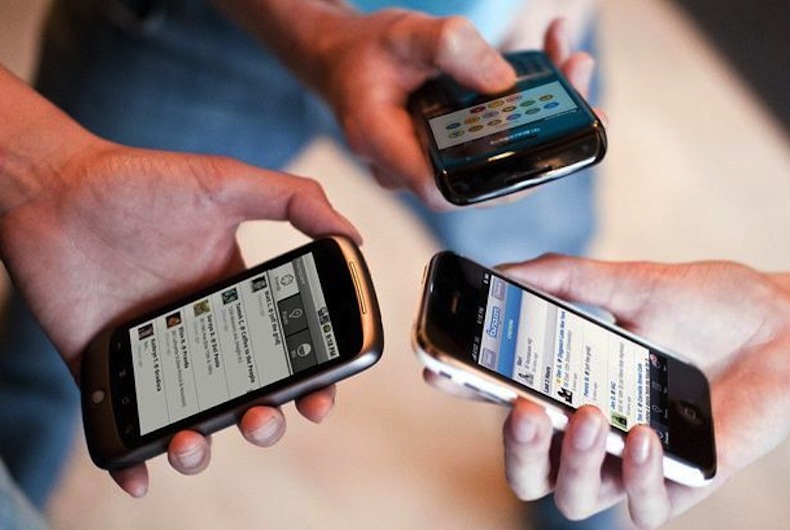Mobile devices are beginning to dominate the commerce landscape and retailers who can capitalize on this trend will be successful at driving transactions for the shopping seasons to follow. The shift was reiterated in Criteo’s analysis of its H1 2016 ‘State of Mobile Commerce Report’ that reveals insights into consumer shopping habits and forecasts predictions for mobile commerce across the globe.
“As retailers evolve their mobile shopping platforms, mobile commerce has reached a turning point and is surpassing desktop purchasing. Middle Eastern markets witness some of the highest smartphone penetration in the world, and retailers must ensure more products are made available online, as well as create a seamless experience for consumers. Currently, the GCC is second in the world in terms of smartphone share among mobile transactions. Keeping this in mind, brands have the opportunity to master this trend and have a head start on competitors, should they choose to utilize it,” said Dirk Henke, Managing Director Emerging Markets, Criteo.
Topline Findings From The Report:
Mobile Shopping Dominates
The number of shoppers going online, be that via desk top or mobile, to both browse and purchase products continues to grow with a higher rate of transactions captured on mobile devices than via traditional purchase paths. Retailers who have optimized their mobile shopping experience accordingly — both in-app and on mobile web – are pulling away from their competitors and continue to see strong traction from consumers:
● In the researched GCC countries (UAE, KSA, Kuwait, Qatar), the share of mobile transactions is 43 percent, which is 4 percent higher than the worldwide average of 39 percent.
● GCC share of mobile transactions 4th highest globally – after Japan, the UK and South Korea.
● 86 percent of transactions in the GCC take place on smartphones, ranking the region No. 2 worldwide, in contrast to just 14 percent on tablets.
Smartphone-Focused Shoppers
The smartphone continues to expand its prominence as the go-to shopping device, especially as features like fingerprint recognition make transactions effortless, while tablet purchasing steadily declines. As more retailers design mobile-friendly sites, mobile transactions are steadily increasing. All retailers should ensure they have a mobile-centric marketing strategy that embraces in-app and mobile web to meet their smartphone-focused audiences.
For the first time ever, smartphones delivered the majority of mobile transactions in every major global market.
Sophisticated Apps Drive High Spending
Top retailers are building savvy, intuitive and useful shopping apps that give consumers a seamless way to shop on mobile devices. Capabilities like home screen presence, instant loading, offline content, push notifications, personalization and access to native functionality make the mobile shopping experience richer and more immersive for consumers. Brands that can deliver this feature-rich environment and create a unified, consistent and relevant experience for shoppers regardless of device will succeed in driving retention and conversion rates.
● Retailers with a sophisticated mobile app presence saw up to 54 percent of their mobile transactions generated in-app in Q2 2016, an increase from 47 percent in 2015.
● Apps close far more deals than other online shopping channels and convert three times more shoppers than mobile web.
● For the first time, mobile apps saw higher order values than desktop and mobile web, with an average of $127 spent in-app versus USD 100 on desktop and USD 91 on mobile web.
● Leaders in mobile app maturity drive 90 percent more conversions than emerging retailers.
Criteo’s research shows brands can no longer ignore mobile platforms as a primary means to drive ecommerce sales. While technology enhancements have facilitated shopping on mobile, marketers are challenged with targeting consumers across every environment along the path to purchase. Retailers must employ both strong app and mobile web presences together with mobile targeting strategies to engage with shoppers wherever and whenever they browse and purchase to boost revenue.





